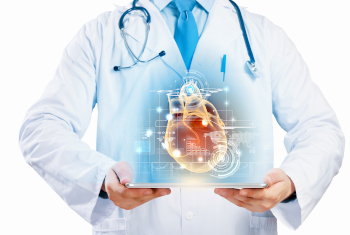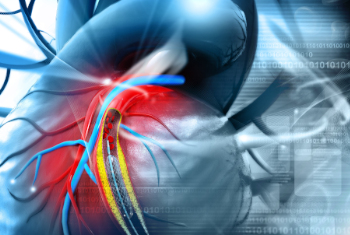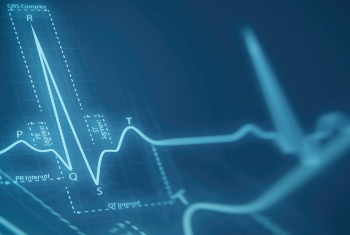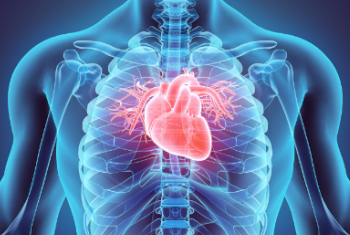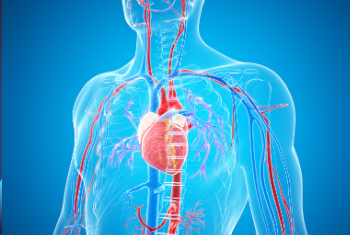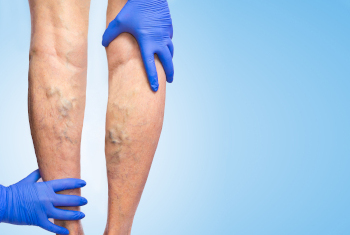Electrophysiology
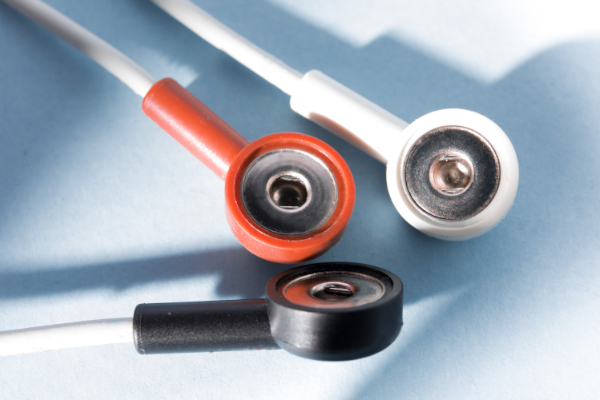
Evaluation of the electrical conducting system of the heart is called Electrophysiology.
Electrophysiology is the cardiology specialty that diagnoses and treats heart arrhythmias, a disturbance of the heart’s normal rhythm that may be serious and even life threatening. At Fort Worth Heart, cardiology specialists called electrophysiologists use the most advanced technology to detect, diagnose and treat arrhythmias.
Normal function of the vascular system is required to maintain coordinated contraction of the heart chambers at an appropriate rate. Abnormalities of the electrical conducting system result in arrhythmias: irregular heart rhythms and inappropriately rapid or slow heart rates, which manifest as symptoms of fatigue, lightheadedness, weakness, palpitations, or fainting. Pacemakers and Implantable Cardioverter Defibrillators (ICDs) are used to control a variety of rhythm disorders.
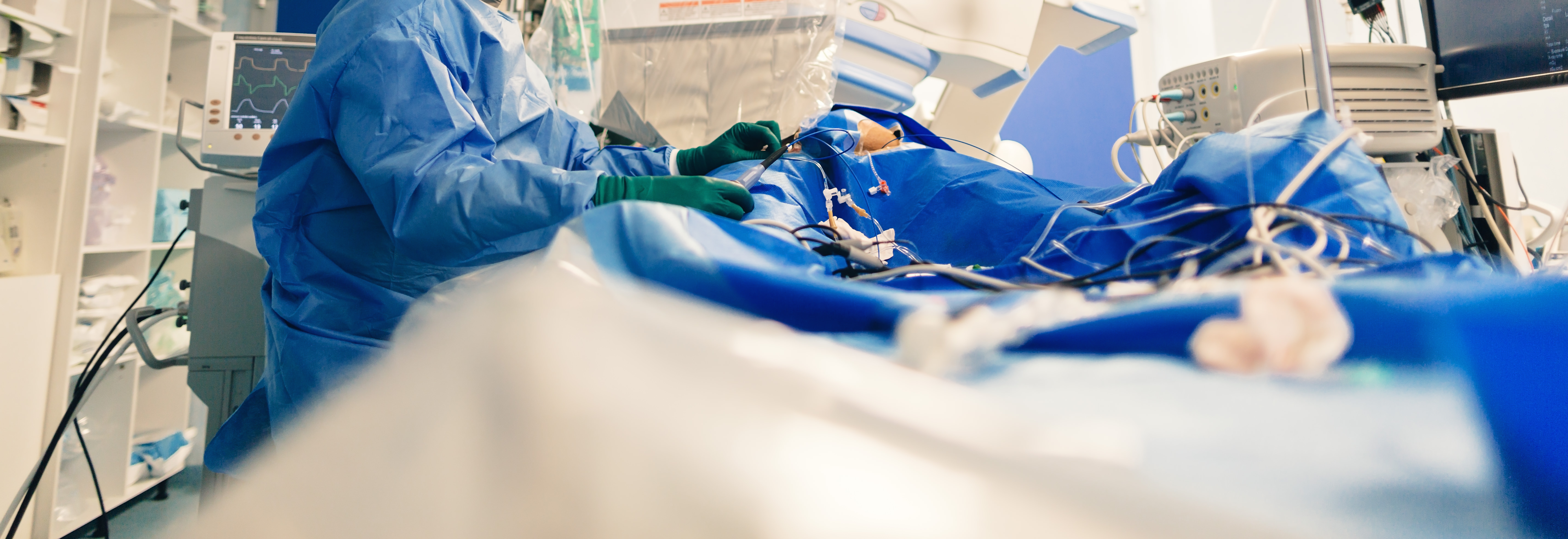
Fort Worth Heart’s services include radio-frequency ablation, cardioversion of SVT, V-tach and all complex arrhythmias. We place permanent pacemakers, and implantable cardioverter-defibrillators (ICDs) and perform pacemaker checks.
Electrophysiology procedures at Fort Worth Heart are performed in the cardiac catheterization labs and include:
- Implantable Cardioverter Defibrillator (ICD) An ICD is a small, electronic device that is permanently placed inside the body to help control the heart’s rhythm, speed and pattern. Like a pacemaker, it constantly monitors the heart rhythm. Most importantly, it has the ability to stop a dangerous arrhythmia.
- Radiofrequency Catheter Ablation - In some situations, the specific area of the rhythm disturbance can be corrected by sending heat energy through a catheter to a small region of the heart to vaporize the abnormal area.
- Cryoablation - In appropriate patients, cryoablation is often safer and easier to use than alternate procedures that treat by heating.
- Electrophysiology (EP) Study - An EP study is a diagnostic study in which a catheter in gently inserted into the blood vessels that feed the heart. The catheter is positioned into the heart and the catheter’s electrodes gather data regarding the heart’s electrical function. During an EP, an electrophysiologist may disc over or even create arrhythmias and collect data about the events, helping the cardiologist assess the needed treatments.
